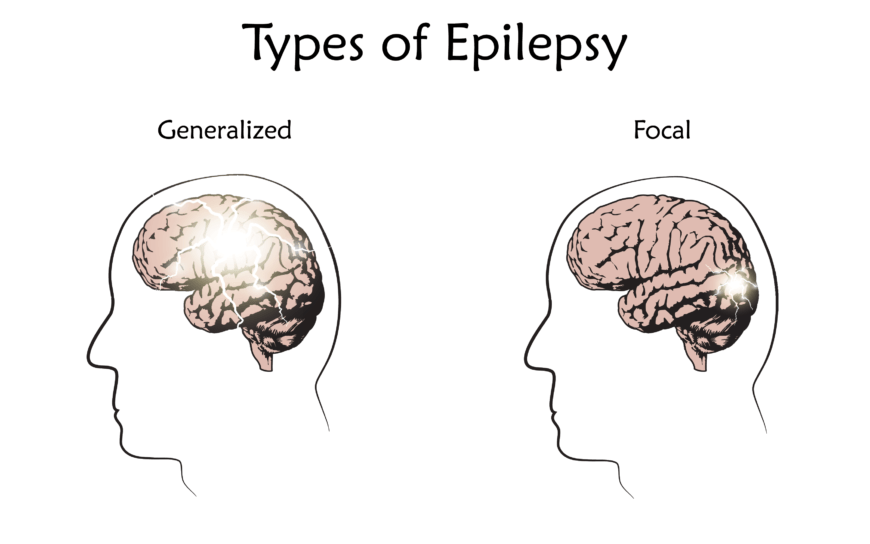All About The Causes of a Seizure

The brain can control body movements by transmitting small electrical signals to the muscles through the nerves. Looking into what causes a seizure or convulsions will help you better understand how atypical brain signals affect the body’s functions.
Seizures can differ from one person to another. In some people, seizures can be in the form of slight shaking of the body, and it might not necessarily lead to the impairment of consciousness. Others become unconscious when they have seizure attacks, and this can come with violent body movements.
Cause of The Condition
What causes a seizure can be due to “unprovoked” reasons, like having certain health conditions. Some seizures stem from natural bodily features, like chemical imbalances and congenital disabilities.
Other factors that cause seizures include:
- Infections
- Fever
- Alzheimer’s disease
- Neurological problems, and
- Unknown reasons.
Provoked seizures typically result from events that an individual has experienced. The best example would be brain injuries that an individual suffers or has suffered from.
Other examples include:
- Alcoholism
- Drug use
- Birth trauma
- Progressive brain disease
- Stroke
- Cortical dysplasia
- Substance withdrawal
- Mesial temporal sclerosis, and
- Medications
Focal and Generalized Seizures
Doctors describe what causes a seizure in several ways due to the existence of several types of seizures. However, seizures can be categorized into two major classifications: focal and generalized seizures.
Focal is also referred to as partial seizures. They originate from a single area of the brain. Most epileptic patients suffer from focal seizures. Focal seizures can be described based on the part of the brain where they stem from, temporal lobe seizures.
On the other hand, generalized seizures result from abnormal activity of the neurons in all the areas of the brain. Generalized seizures can impair consciousness and result in massive muscle spasms, as well as falls.
Is it Contagious?
Regardless of what causes a seizure, keep in mind that they are not contagious. Sure, it can be quite frightening to witness someone having a seizure or experiencing this medical condition yourself. Nevertheless, you will not suffer from a seizure by simply assisting someone undergoing a seizure.
Risks
What causes a seizure can take place at any time. It can happen from infancy until late in your life. Infants and young children tend to be more susceptible to this condition if placed under certain conditions, like fever or excessive immersion in water. Strokes and neurodegenerative disorders can make the elderly more susceptible to suffering from seizure attacks. You need not have epilepsy for you to experience a seizure.
Epilepsy merely implies your tendency to have multiple seizures. Seizure attacks can happen due to abnormal blood sugar levels, the presence of tumors, injuries, electrolyte imbalance, and substance withdrawal. It is possible to prevent future seizure attacks by correcting underlying factors. However, lifetime therapy will be required for factors that cause permanent damage to the brain, resulting in persistent episodes of seizure.
Trending Health Topics
- ADHD
- Allergies
- Arthritis
- Bipolar Disorder
- Bunions
- Car Accidents
- Chron's Disease
- Common Cold
- COPD
- Depression
- Dry Skin
- Dry throat
- Eczema
- Fungal Infection
- GERD
- HIV/AIDS
- Hypertension
- Irritable Bowel Syndrome (IBS)
- Multiple Sclerosis
- Osteoarthritis
- Psoriasis
- Rheumatoid Arthritis
- Skin Disorders
- strep throat
- Type 2 Diabetes
- Uncategorized